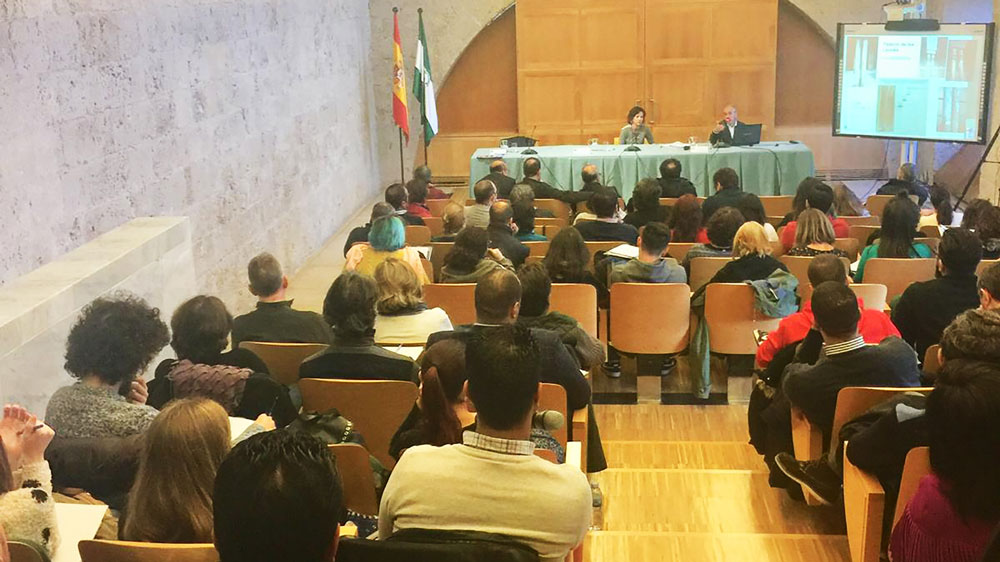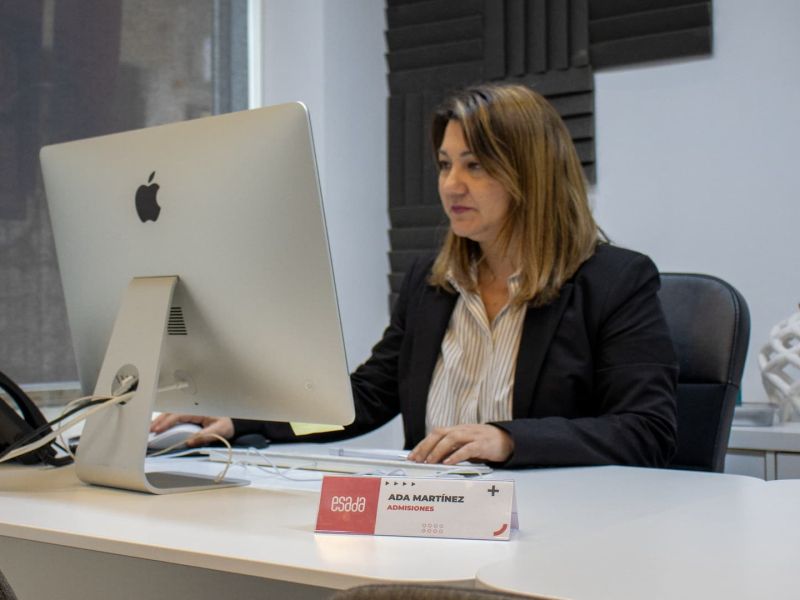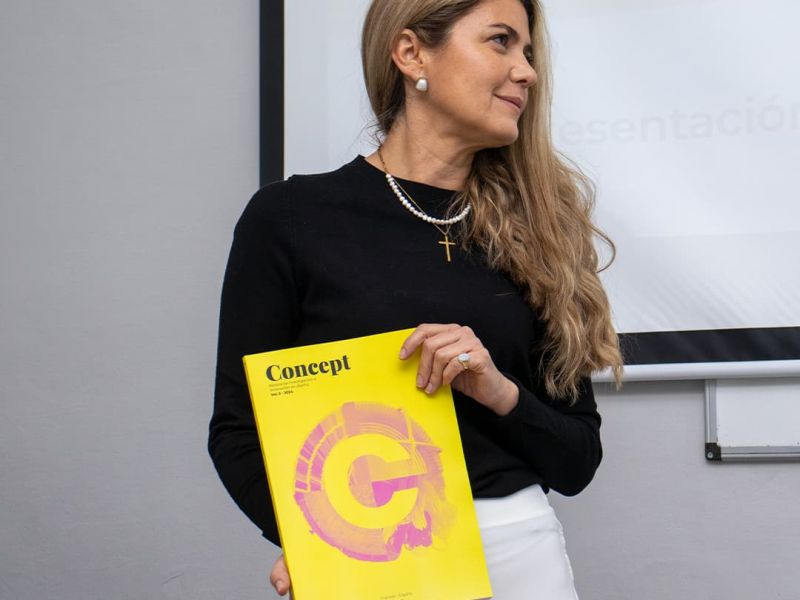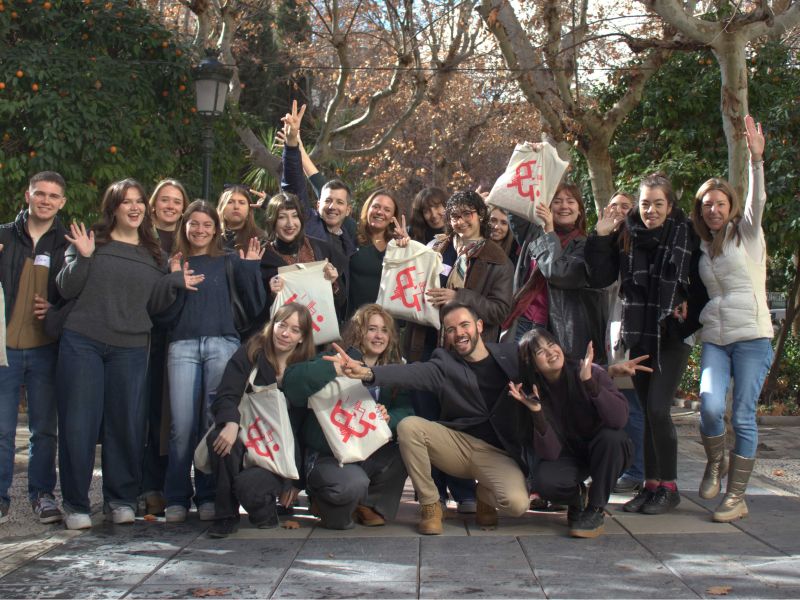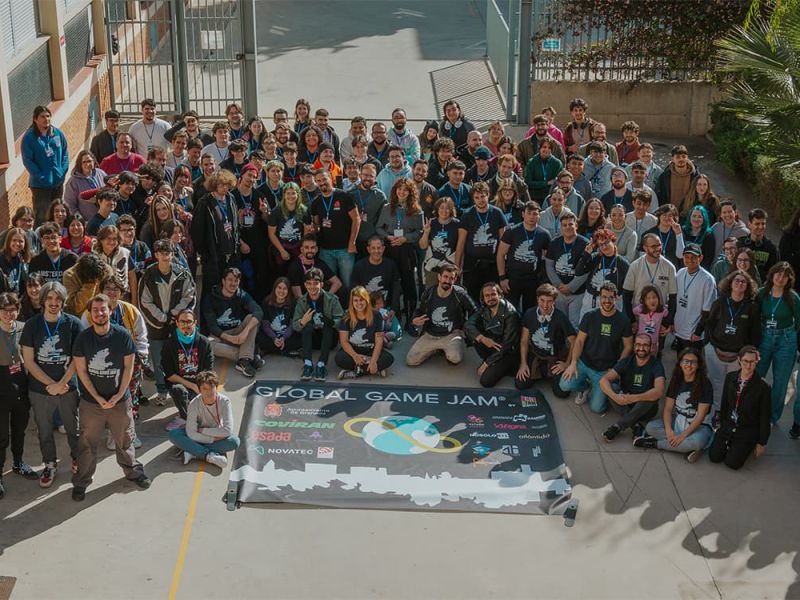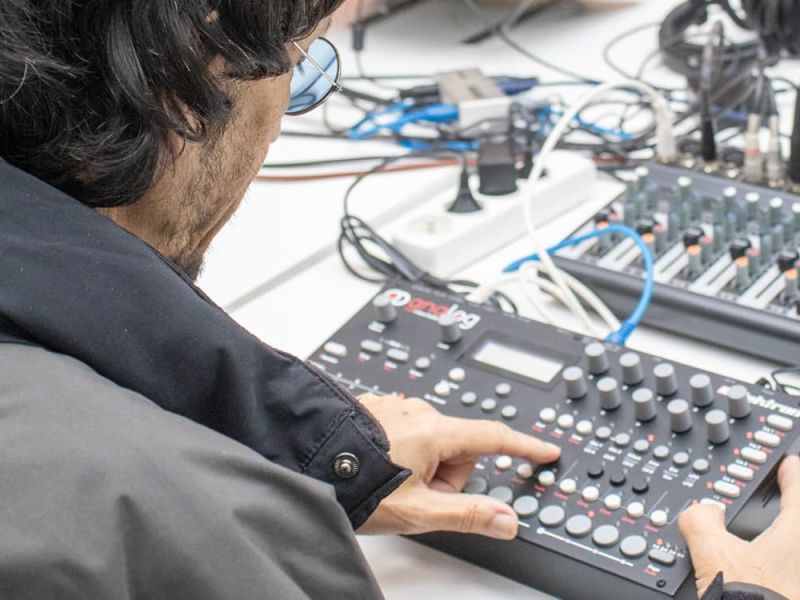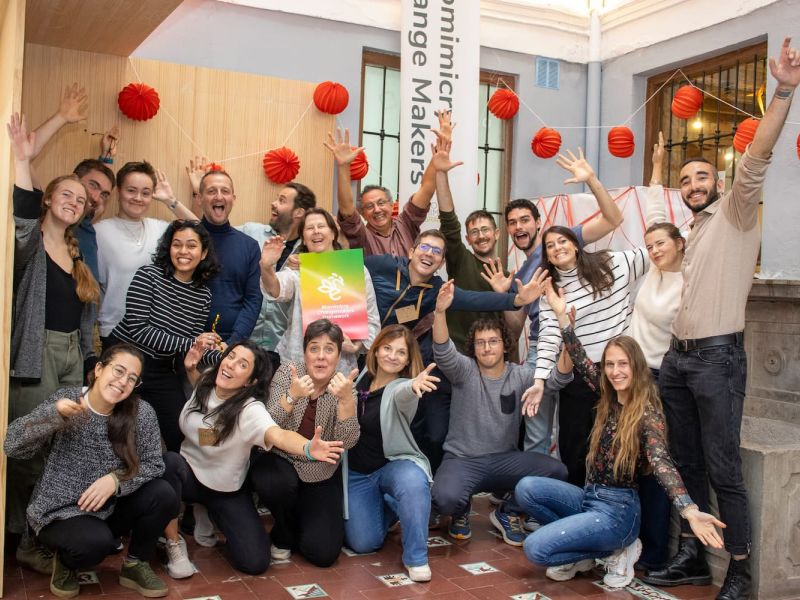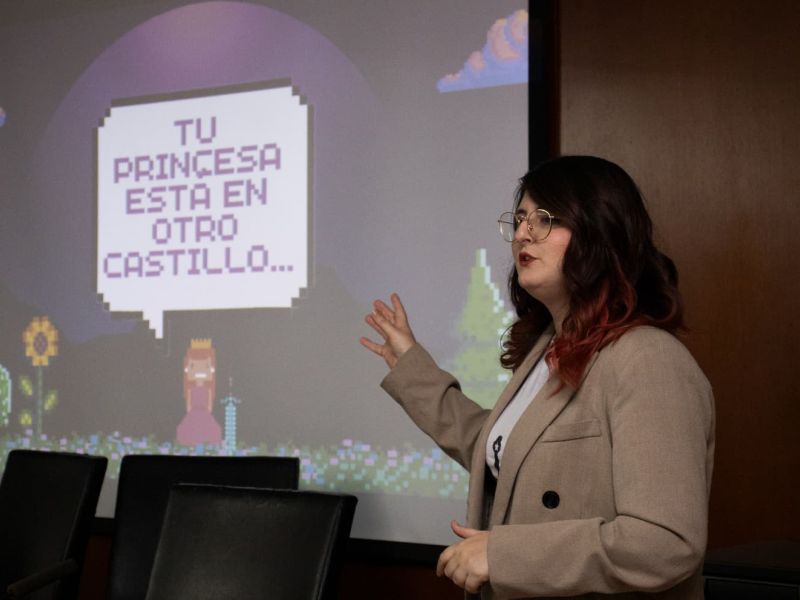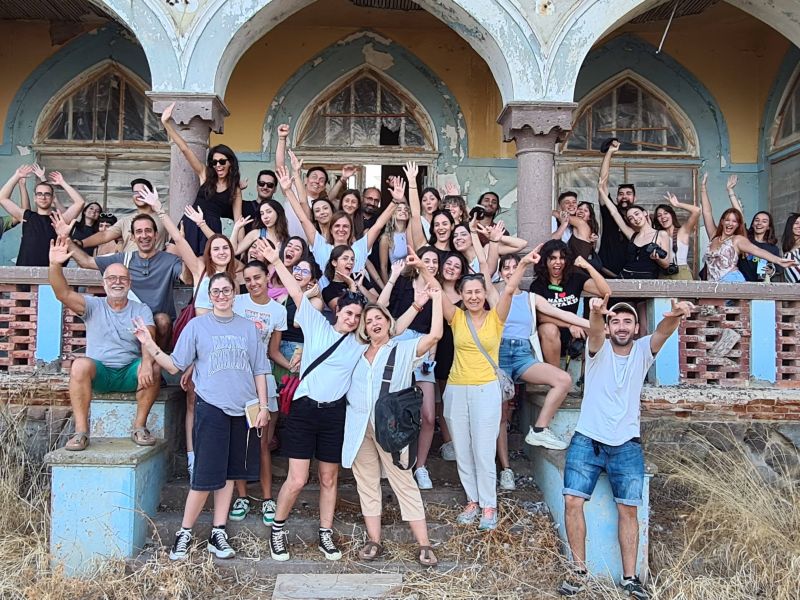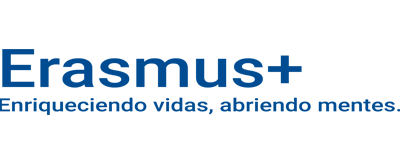Julia Ramos, coordinator of the careers in restoration, directs a seminar in the Alhambra on conservation and restoration of the Islamic heritage
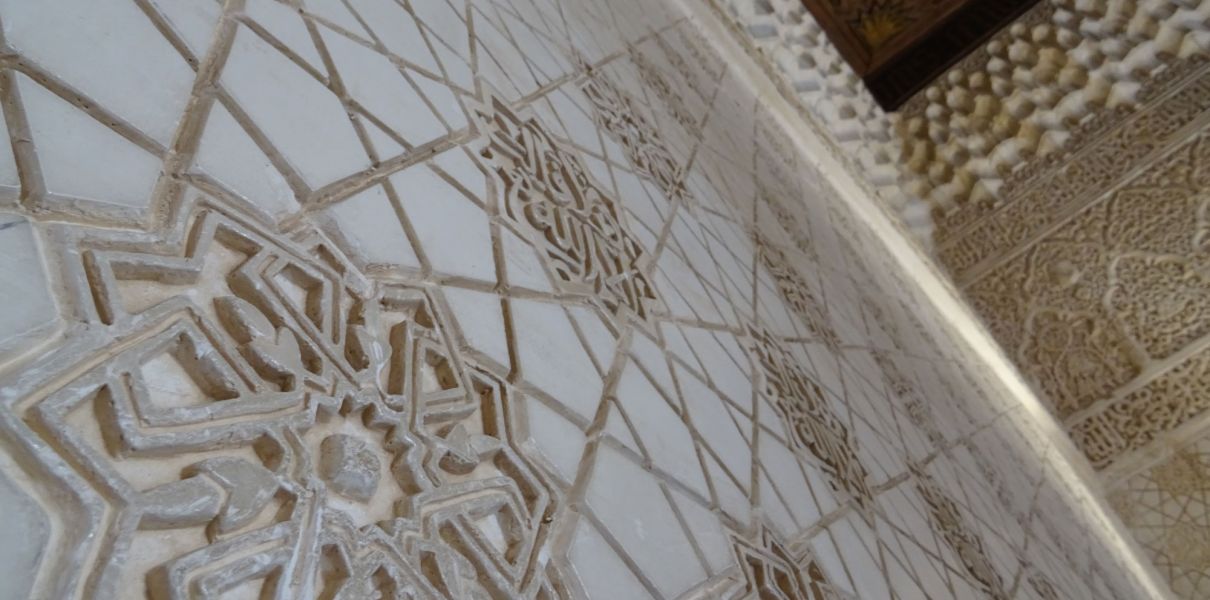
Today morning, the international seminar on management, conservation and restoration of the Islamic heritage, which has been directed by our Coordinator of Conservation and Restoration of Cultural Property, has finished. Many of them come from the Abdelmalek Essaadi University of Tetouan (Morocco).
Organized by the Board of the Alhambra and Generalife and the International University of Andalusia on Tuesday, the meeting addresses the architectural and artistic techniques in the Islamic heritage and proposals for intervention, as well as the restoration of the paving project of the Patio de los Leones , in the Alhambran complex, the Royal Quarter of Santo Domingo de Granada, and the recovery of the Islamic medina of Alcazarquevir, in the north of Morocco.
Julia Ramos Molina, PhD in Fine Arts from the University of Granada and Europa Nostra award for the restoration of the Roman Bridge of Cordoba (2014), said that the objective of the course is for students to "get advanced training in the restoration of the heritage of Islamic tradition through shared experiences."
He has also insisted on the need to "build bridges" between the different research centers for the "sharing of knowledge applied to the restoration of heritage properties" and "to use Islamic heritage as a tool for understanding other cultures and other ways of understanding the world."
